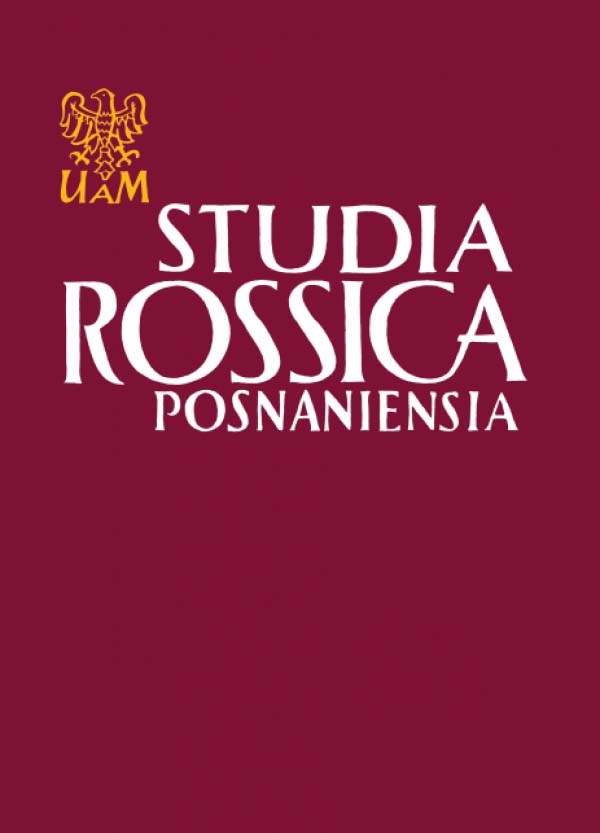Концепция болезни как ценности в романах „Идиот” Федора Достоевского и „Волшебная гора” Томаса Манна
The conception of illness as a value in the novels “The Idiot” by Fyodor Dostoyevsky and “The Magic Mountain” by Thomas Mann
Author(s): Anna StryjakowskaSubject(s): Language studies, Studies of Literature, Philology
Published by: Uniwersytet Adama Mickiewicza
Keywords: Fyodor Dostoyevsky; Thomas Mann; Idiot; Magic Mountain; illness
Summary/Abstract: The article is an attempt to analyse the novels The Idiot by Fyodor Dostoyevsky and The Magic Mountain by Thomas Mann in the context of the category of illness. The author undertakes a comparison of the characters suffering from turberculosis: Hans Castorp and Ippolit Terentyev. It is claimed that in both of the works illness acquires the status of a value and opens before the characters a path to self-knowledge. However, while Castorp’s illness develops in comfortable conditions and he finally decides to cease his fascination with death, for the terminally ill Terentyev it is far too late to fight for his life. For this reason, the sacralisation of death is alien to Dostoyevsky’s character. In his case, death can be perceived as the Lacanian Real that interrupts the self-narrative. The noted phenomenon can be attributed to Dostoevsky’s maximalism that urges the Russian novelist to bring the disease to the limits, and take it out of control. Mann, in turn, portrays the disease as a kind of safety valve, keeping the fascination with the dark sides of life in a healthy framework.
Journal: Studia Rossica Posnaniensia
- Issue Year: 45/2020
- Issue No: 1
- Page Range: 73-80
- Page Count: 8
- Language: Russian

